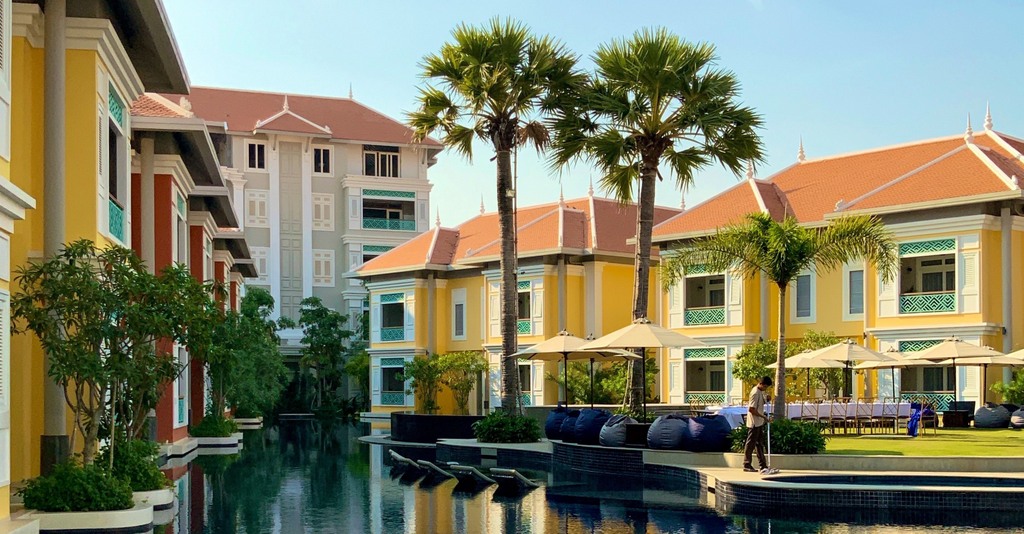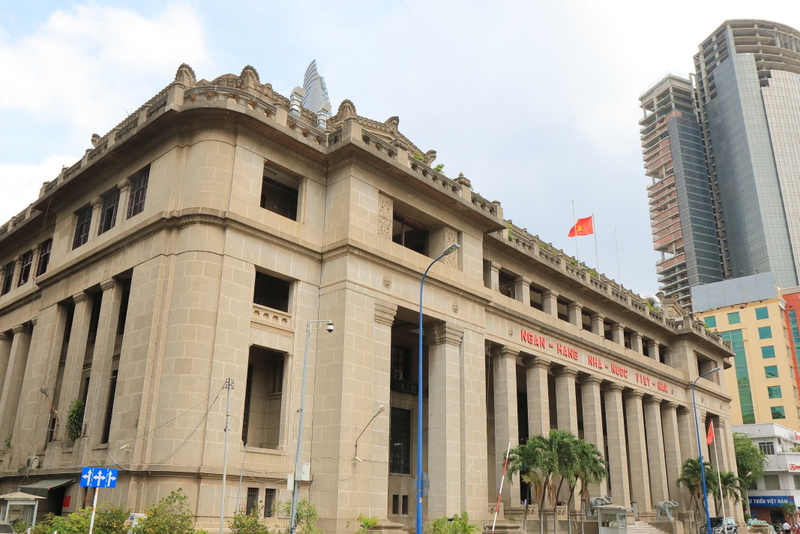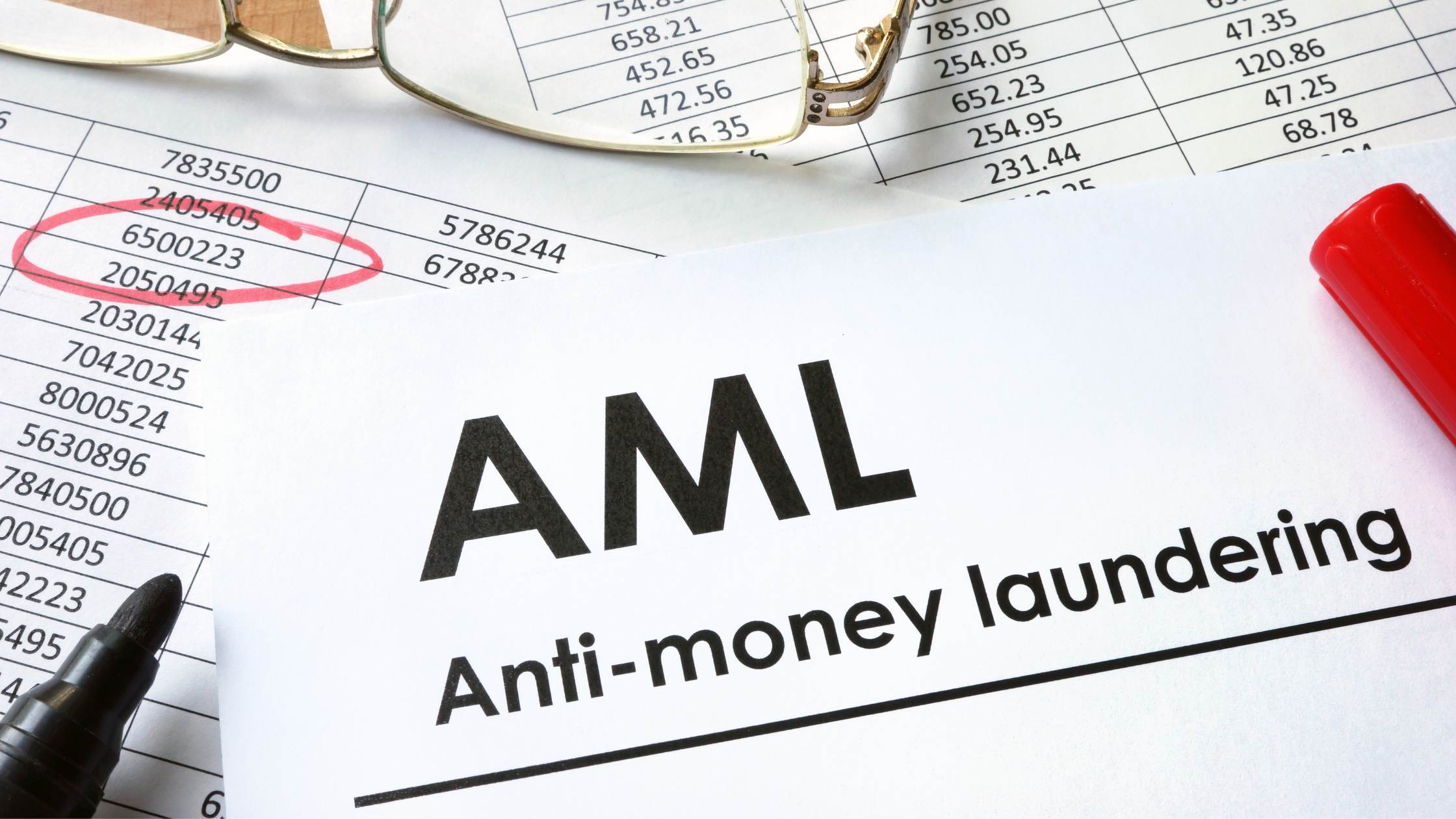
By Duyen Ha Vo, Tram Dang and Nhung Trinh, VILAF
Vietnam’s slow real estate market has been given a ray of hope with the recent release of Decree 10/2023/ND-CP and the ongoing review of a proposed amendment to the Law on Real Estate Business. These new legal measures aim to create a more transparent legal framework for the development of condotels and resort villas, which complements the regulations provided by Decree 02/2022/ND-CP released last year.
This article provides an overview of the legal framework for the development of condotels, resort villas, and other similar commercial properties after the new legislative instruments take effect.
Here are the key points to note:
- Developers of condotels, resort villas, and officetels in a properly licensed non-residential project on commercial land are allowed to sell such properties as a real estate business. Buyers of condotels and resort villas can obtain Pink Books for such properties, but the eligibility of officetels for Pink Books is still uncertain.
- As the land for developing condotels and resort villas must be commercial land, the land use term under the Pink Book granted to a buyer is restricted to the commercial land use term awarded to the developer, which is up to 50 years (or 70 years in specially approved cases).
- The sale of condotels and officetels must adopt the statutory contract template provided in Decree 02/2022/ND-CP.
- The draft Amended Law on Real Estate Business and the new decrees do not explicitly refer to shophouses.
The concepts
Under the tourism laws, a “condotel” (căn hộ du lịch) and a “resort villa” (biệt thự du lịch) (collectively, “lodging properties”) are classified as types of lodging facility for travelers. They are defined as a condominium and a villa respectively, equipped with necessary amenities and services to accommodate travelers, allowing some self-service during their stay.
Under Circular 03/2021/TT-BXD on national technical standards for condominiums, an “officetel” (văn phòng kết hợp lưu trú) is defined as a unit within a multifunctional condo building, equipped with necessary amenities and services for one or more individuals to both live and work.
Background of the historical legal development
The legal framework for the development and retail of condotels, resort villas, officetels and other similar non-residential properties in Vietnam has progressed slowly. There have been longstanding questions under Vietnamese laws regarding the ability to retail such properties by their developers, and if so, what land use purposes would qualify them for such activities. Additionally, it was unclear whether buyers would be issued their respective “certificates of land use rights and ownership of house or asset attached to land” (“Pink Books”).
According to the land laws, “commercial, service land” (“commercial land”) refers to land approved for non-industrial business facilities, while “residential land” refers to land for residential properties. Developers of residential projects are allocated residential land and buyers of residential units in such projects are entitled to an indefinite land use term, while developers of commercial projects are leased commercial land for use, typically for a lease term of up to 50 years (or 70 years in some cases), and buyers of such properties enjoy the remaining limited land lease term. Land for lodging properties should be classified as commercial land because they are intended solely for lodging services, regardless of the developer’s intentions to hold or sell.
The current Law on Real Estate Business allows developers to sell non-residential properties on land leased from the State, transferred from another entity or otherwise land for which they are holding valid land use rights. The laws also allow Vietnamese individuals to acquire non-residential property on commercial land for commercial use. These create a general legal ground for the development and sale of lodging properties and other similar non-residential properties as a real estate business. Nonetheless, the lack of detailed regulatory guidance has led to variations in licensing and Pink Book issuance practices for such properties across provinces, and most buyers have not received Pink Books.
Officetels and shophouses have faced greater uncertainty than lodging properties because no laws specifically recognize “officetels” or “shophouses” though there is a brief definition of “officetel” in Circular 03/2021/TT-BXD. Moreover, officetels and shophouses are more complex in that they may be developed in multifunctional buildings that include residential units and are intended to be used for a mix of commercial and residential purposes. This adds to the challenge of regulating these types of properties.
The draft Amended Law on Real Estate Business (the “Draft Law”)
In the Draft Law, Article 5 clarifies that current and future non-residential properties permitted to be transacted in the real estate business include condotels, officetels, and resort villas. Article 9 states that a buyer of a condotel, a resort villa, or “other construction properties intended for lodging functions,” is eligible to obtain a Pink Book for the property. The duration of the Pink Book is determined based on the land use term applicable to the land associated with the property in accordance with the relevant land laws.
According to Article 19 of the Draft Law, sales contracts for condotels or officetels sold to multiple buyers must specify private ownership, common ownership, parking arrangements, management of the building, and the collection, administration, and use of management fees.
It should be noted that Article 19 refers to the sale of officetels, whereas Article 9 does not explicitly specify the right of officetel buyers to obtain Pink Books. This raises questions about the nature of the ownership transferred for officetels and how it aligns with the Land Law if Pink Books cannot be issued.
The Draft Law does not mention shophouses. While it refers to “other construction properties intended for lodging functions,” it is unclear that this concept covers shophouses given that shophouses are mainly used for retail sales activities rather than for lodging functions.
Decree 02/2022/ND-CP (“Decree 02”)
In January 2022, Decree 02 was issued to implement certain provisions of the current Law on Real Estate Business. It provides template contracts for the real estate business. For the first time, such templates include one for the sale or hire purchase of condotels/officetels, with clauses on the developer’s obligation to obtain the Pink Book for the buyer. Although no template contract is provided for the sale of resort villas in Decree 02, such sales are still permitted under the Draft Law and Decree 10 and there is a template contract for the sale of construction works in general in Decree 02.
Decree 10/2023/ND-CP (“Decree 10”)
Much awaited Decree 10 amends certain provisions of the existing land regulations, especially concerning the issuance of Pink Books.
Decree 10 supplements existing land regulations by allowing Pink Books to be issued for commercial land used for traveler lodging purposes in accordance with the tourism laws, with a land use term corresponding to the remaining land use term of the developer’s rights. It also outlines the procedural process for developers to apply for Pink Books on behalf of buyers of non-residential properties, following satisfactory inspection of construction completion by the Department of National Resources and Environment. Although the stated procedural process is for buyers of all “non-residential properties,” eligibility for Pink Books is limited to lodging properties operating under tourism laws, leaving uncertainty the eligibility for properties that mix commercial and residential use purposes such as officetels and shophouses.
Decree 10 will take effect on 20 May 2023.
Further Commentary
Despite the fact that the Draft Law has not been finalized yet, there are adequate legal grounds for the development and sale of lodging properties. Developers already have general permission to sell non-residential properties under the current Law on Real Estate Business, and the procedural requirements for the sale of lodging properties and issuance of Pink Books are specified in Decrees 02 and 10. However, it would be helpful if the Draft Law provides further clarification on the regulatory regime for officetels and shophouses. This would pave the way for future sub-law regulations to guide the details for such properties.
Decrees 02 and 10 do not yet address the transitional treatment for existing projects where buyers have not received Pink Books. As of 2022, there were 239 existing projects of lodging properties and shophouses worth over US$30 billion. Lodging properties alone included 114,000 condotels and 24,400 resort villas. The regulatory confusion has resulted in a slow transaction market and a halt of the licensing of new projects for lodging properties since 2020.
It may take some time before the Draft Law is passed and additional sub-law regulations are issued to clarify remaining issues regarding the development and retail sale of different types of commercial properties. Nevertheless, the legislative developments thus far appear promising, and the Draft Law and new decrees have injected some positivity into Vietnam’s real estate market.
Authors:

Duyen Ha Vo
Partner
duyen@vilaf.com.vn

Tram Dang
Senior Associate
tram.dang@vilaf.com.vn

Nhung Trinh
Associate
nhung.trinh@vilaf.com.vn















 Vietnam International Law Firm (VILAF-Hong Duc)
Vietnam International Law Firm (VILAF-Hong Duc) Ngoc Anh Bui
Ngoc Anh Bui Tung Ngo
Tung Ngo Anh Dang
Anh Dang Phong Tran
Phong Tran Linh D. Nguyen
Linh D. Nguyen Quynh Pham
Quynh Pham Trung Vu
Trung Vu Hien Truc Nguyen
Hien Truc Nguyen Hung Q. Nguyen
Hung Q. Nguyen Hao Nguyen
Hao Nguyen Duyen Ha Vo
Duyen Ha Vo Hien Tran
Hien Tran Ha H. Luu
Ha H. Luu Ngoc Luong Trinh
Ngoc Luong Trinh



